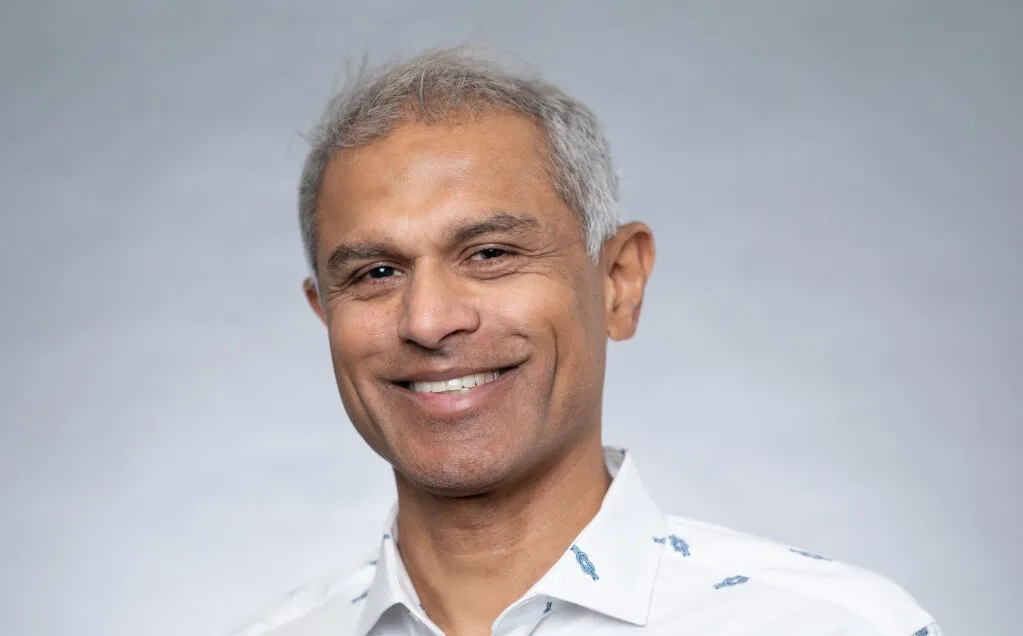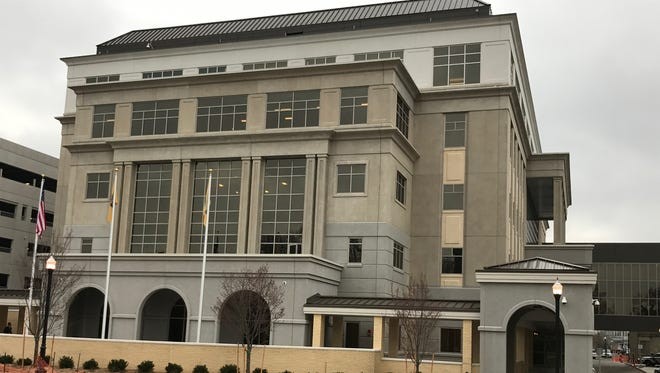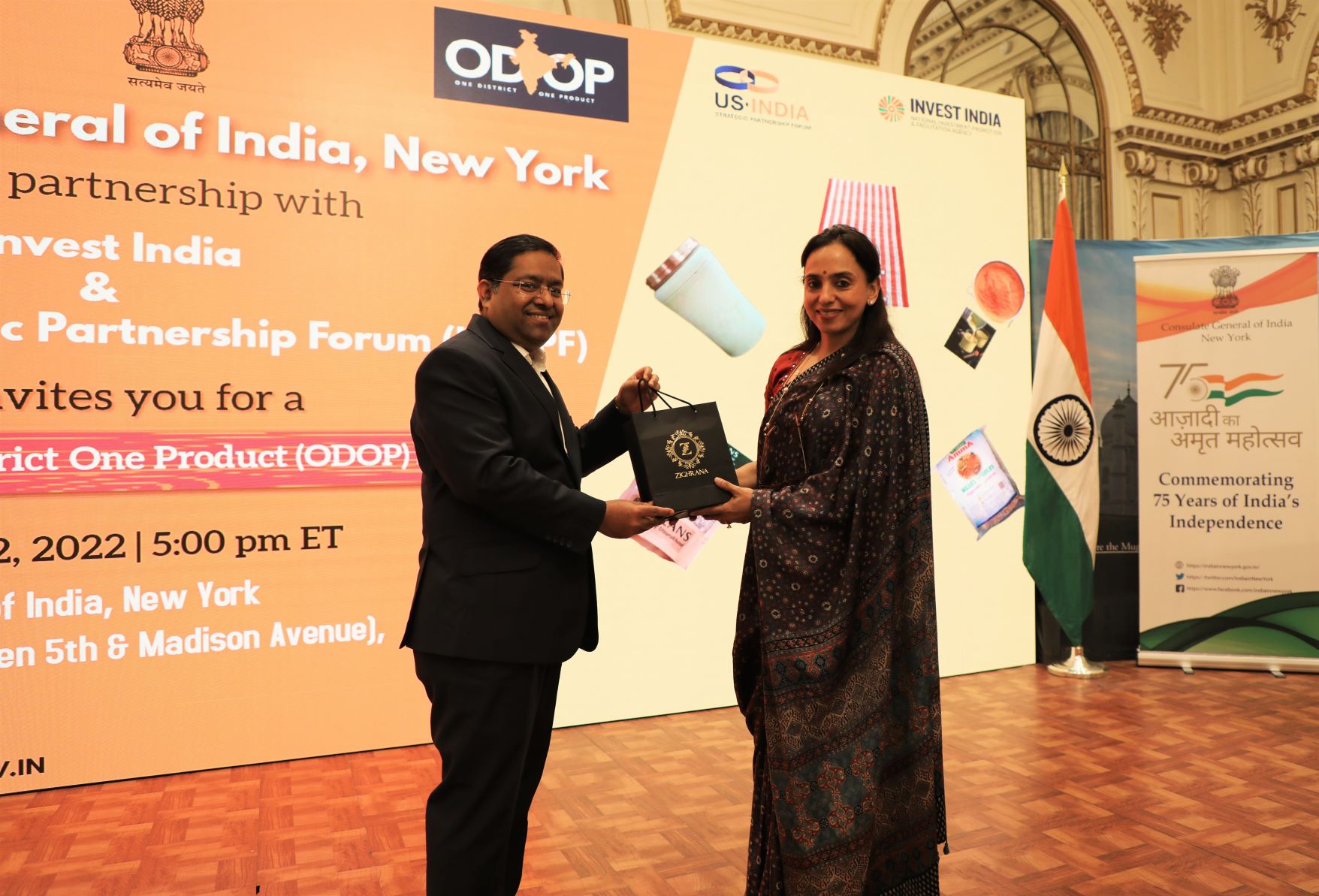Our Bureau
Boulder, CO
Imagine if your dead laptop or phone could charge in a minute or if an electric car could be fully powered in 10 minutes. A new research led by Ankur Gupta, and his team of CU Boulder scientists could potentially lead to such advances. Ankur Gupta is an assistant professor of chemical and biological engineering at the US-based University of Colorado Boulder. He grew up near Delhi in India and moved to the US in 2012.
Gupta did his Chemical Engineering from Indian Institute of Technology (IIT) Delhi in 2012 and MS, Chemical Engineering Practice, from the Massachusetts Institute of Technology (MIT) in 2014. Gupta completed his PhD in Chemical Engineering from the Massachusetts Institute of Technology (MIT) in 2017.
Published in the Proceedings of the National Academy of Sciences, researchers in Ankur Gupta’s lab discovered how tiny charged particles, called ions, move within a complex network of minuscule pores. The breakthrough could lead to the development of more efficient energy storage devices, such as supercapacitors, said Gupta.
“Given the critical role of energy in the future of the planet, I felt inspired to apply my chemical engineering knowledge to advancing energy storage devices,” Gupta said. “It felt like the topic was somewhat underexplored and, as such, the perfect opportunity.”
Gupta explained that several chemical engineering techniques are used to study flow in porous materials such as oil reservoirs and water filtration, but they have not been fully utilized in some energy storage systems.
Their findings modify Kirchhoff’s law, which has governed current flow in electrical circuits since 1845 and is a staple in high school students’ science classes. Unlike electrons, ions move due to both electric fields and diffusion, and the researchers determined that their movements at pore intersections are different from what was described in Kirchhoff’s law.
“That’s the leap of the work,” Gupta said. “We found the missing link.”


























